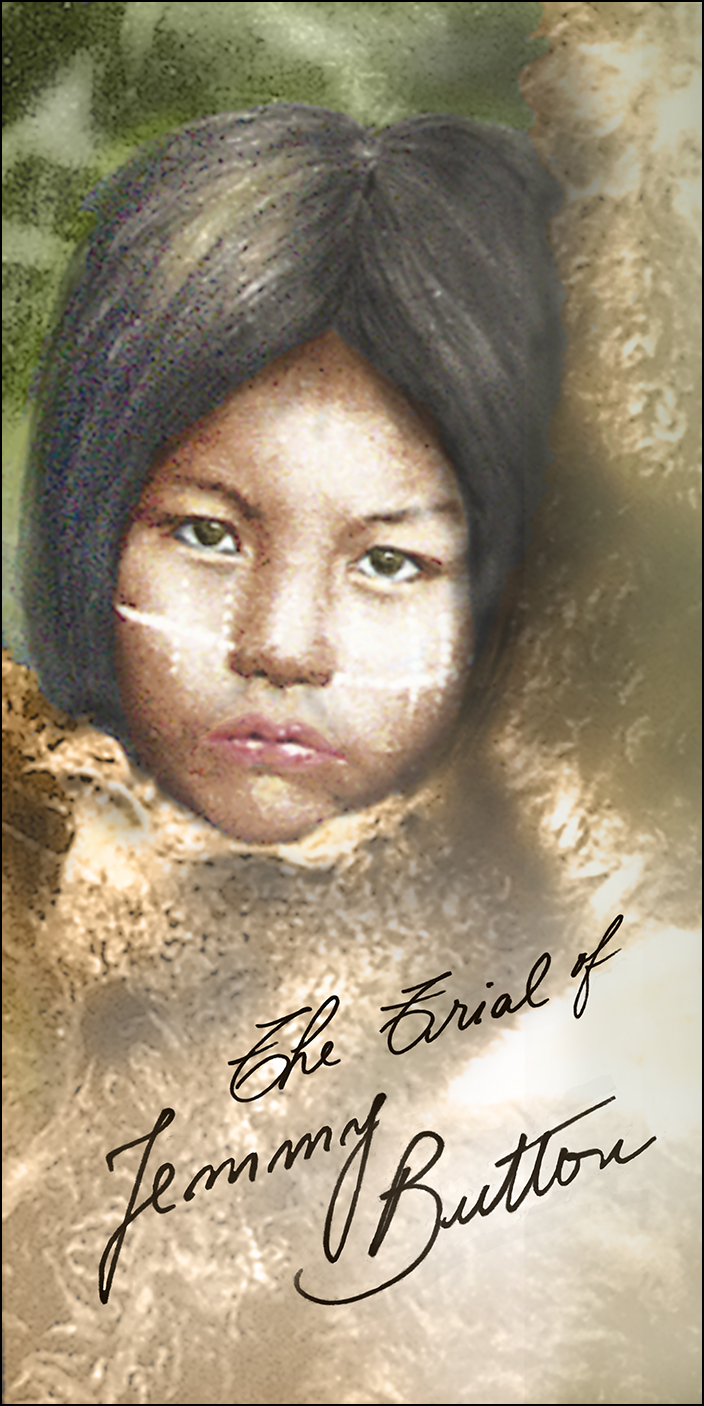Calder Bookshop and Theatre Residencies 2025

ALL THE BEAUTIFUL THINGS BY LIV ELLO
What if the things that haunt us—the fears, the shame, the expectations we can never quite meet—were embodied by a single, absurd, endearing figure? All The Beautiful Things is a solo comedy live art show that takes us to the heart of identity, trauma, masculinity and beauty, all through the unassuming yet poignant lens of a scarecrow.
What if the things that haunt us—the fears, the shame, the expectations we can never quite meet—were embodied by a single, absurd, endearing figure? All The Beautiful Things is a solo comedy live art show that takes us to the heart of identity, trauma, masculinity and beauty, all through the unassuming yet poignant lens of a scarecrow.
OPEN
REHEARSAL postponed for later in the year. |
............................................................................

Ended March 9th
The Trial of Jemmy Button
A verbatim play based on old documents and letters.
Written and directed by Luis Gayol.
Wednesdays to Saturdays 7.30pm.
February 14th to March 9th.
It was the year 1830 when a young aboriginal from Tierra del Fuego was abducted and brought to England. As he was exchanged for a large pearl button, he was given the name of Jemmy Button. He was spared from being exhibited in a human zoo, as was the custom of the time; instead, he was sent to school to be indoctrinated in all aspects of English culture and the Christian religion.
After some time, he was put on a boat and returned to his land – the famous voyage of the Beagle, with Charles Darwin on board – in the hope that he would spread “civilization” among the members of his community.





